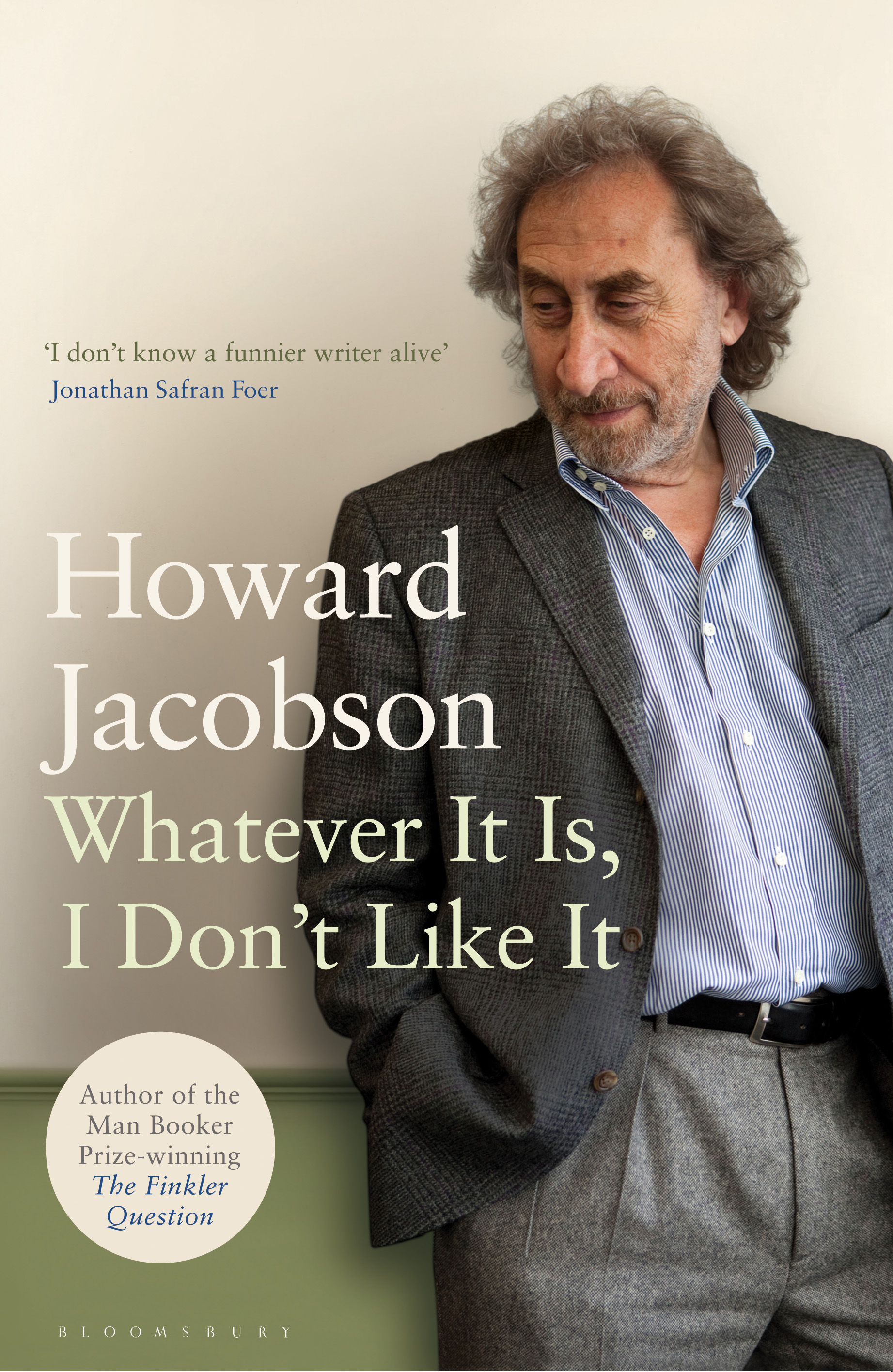
Whatever It Is, I Don't Like It
The Best of Howard Jacobson
کتاب های مرتبط
- اطلاعات
- نقد و بررسی
- دیدگاه کاربران
نقد و بررسی

October 31, 2011
Drawing his title from an old Groucho Marx joke in A Night at the Opera, Man Booker Prize–winner Jacobson (The Finkler Question) gathers a selection of his columns since 1998 from the Independent, in no particular order. With wry humor, razor-sharp observations about human nature, and an insouciant wink-and-grin at the many and busy little dramas that make up everyday life, he reflects on a coterie of subjects ranging from men’s fashion (“The Chatfield Pant”), Aboriginal musicals (“Corrugation Road”), and “Leonard Cohen in Concert” to the pleasures and pitfalls of reading (“Books Are Bad for You”) and dining out alone (“Dining Out Solus”). In “If It’s ‘Readable’ Don’t Read It,” he reports on a neuroscientist whose experiments have proved that reading Shakespeare is a worthwhile endeavor; now, Jacobson cagily observes, “it would be fun to have scientific proof of what we know: that simple books make simpletons. And limpid prose is sure to leave us limp of mind.” In “The Twentieth Century? Tosh,” he skewers the attempt of some in every age who feel bound to try to break the mold, to live within and without society. No sooner do we fight authority, Jacobson reminds us, than we create a new version of it. “Our fate: we are never to be free.” Jacobson’s staccato style carries the narrative through flights of fancy, tales of misadventure, character sketches, and pauses for reflection.

November 15, 2011
The 2010 winner of the Man Booker Prize serves up selections from his columns at the Independent. Although the essays are uniform in length, they range over a wide variety of Jacobson's (No More Mr. Nice Guy, 2011, etc.) interests, passions, peeves, quirks and queries. Volcanoes, terrorists, Kafka, opera, the BBC, royals, weeping, beach books, the Holocaust, art, Dickens, bicycles, Americans, British politics, Leonard Cohen, Sarah Palin--these and numerous other topics bang about in Jacobson's mind until they escape into the world. A number of stylistic and thematic similarities emerge. He adores Shakespeare, and specific allusions to the Bard appear often--as do playful uses of quotations, especially from Hamlet. Dickens is another favorite. But Jacobson also writes several times about the importance of literature that challenges rather than entertains or sedates. Brains grow when engaged and stagnate when soaked in treacle. He also writes about how governments and laws exist to make certain that the best sides of our nature hold tight reins on the worst--e.g., our desires for revenge and for harshness of all kinds. There are numerous personal pieces, too--about the death of a good friend, playwright Simon Gray; about the tenseness, then reconciliation, with Harold Pinter; about learning at a wake that he was long-listed for the Man Booker Prize. And there's an amusing piece about his fondness of Wagner, a fondness not shared by his wife. Jacobson is certainly thoughtful and emotional but, like Mark Twain, can jolt you with laughter when you least expect it. Rich and flavorful--best ingested in small amounts so the savory pleasures linger.
(COPYRIGHT (2011) KIRKUS REVIEWS/NIELSEN BUSINESS MEDIA, INC. ALL RIGHTS RESERVED.)

























دیدگاه کاربران